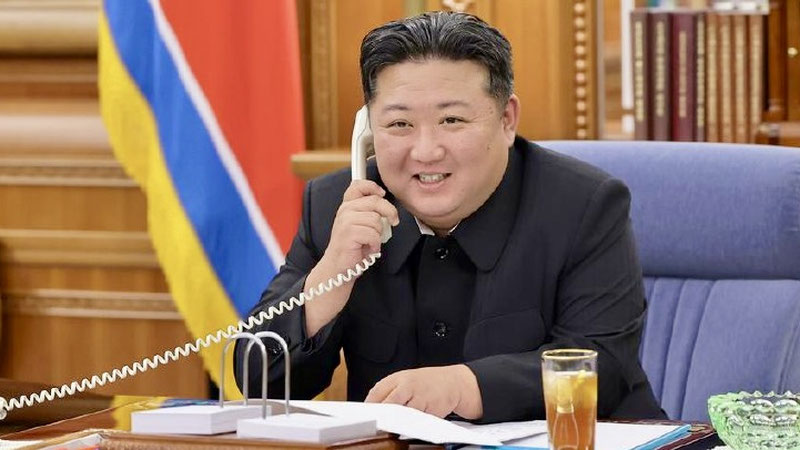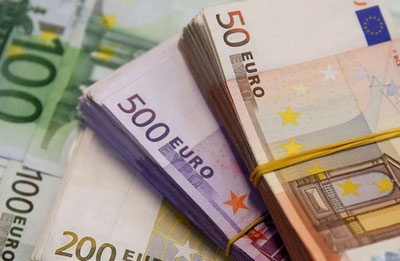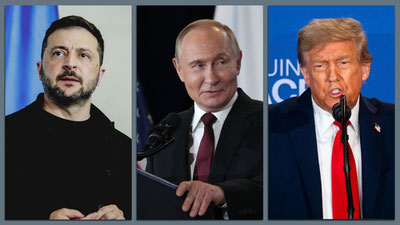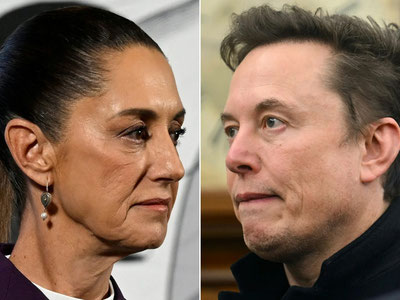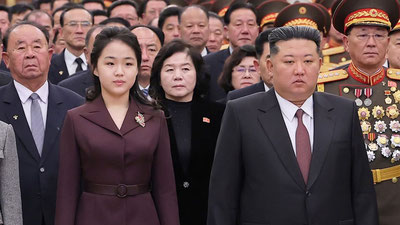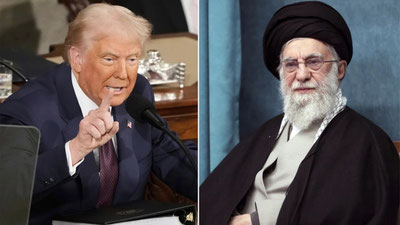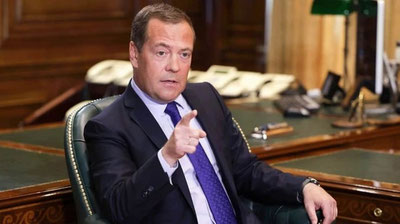On October 10, the 80th anniversary of the founding of the Korean Workers' Party was grandly celebrated in Pyongyang. Tens of thousands of soldiers participated in the festival parade, and the ceremony was observed from the podium by the party's general secretary—41-year-old Kim Jong Un.
Today, his power is as solid as never before—although 14 years have passed since the death of his father Kim Jong Il, the country's political system is completely in his hands.
According to experts, North Korea is becoming an important player again on the international stage. This is due to Russia's invasion of Ukraine and the sharp rivalry between the US and China.
Now, Pyongyang is viewed as a strategic partner for Moscow and Beijing. Russia delivers fuel and food to the DPRK, and in return receives North Korean missiles and soldiers.
Former diplomat and defector Lee Il-kyu explained this process as follows:
"Pyongyang's decision to support Moscow was politically correct—it significantly raised North Korea's status."
China is also no longer enforcing UN sanctions as strictly as before. As a result, Pyongyang is rapidly advancing its nuclear program. According to US military intelligence, as of May 2025, North Korea is assessed as having "the strongest strategic position in decades" and is considered a source of threat for the US and its allies in East Asia.
Kim Jong Un's long-term strategy, however, is clear: to keep power in the hands of his family. On this path, he has implemented a policy of simultaneously developing nuclear and conventional weapons. At the party congress held in September 2025, he announced the doctrine of parallel development of nuclear and conventional armament.
